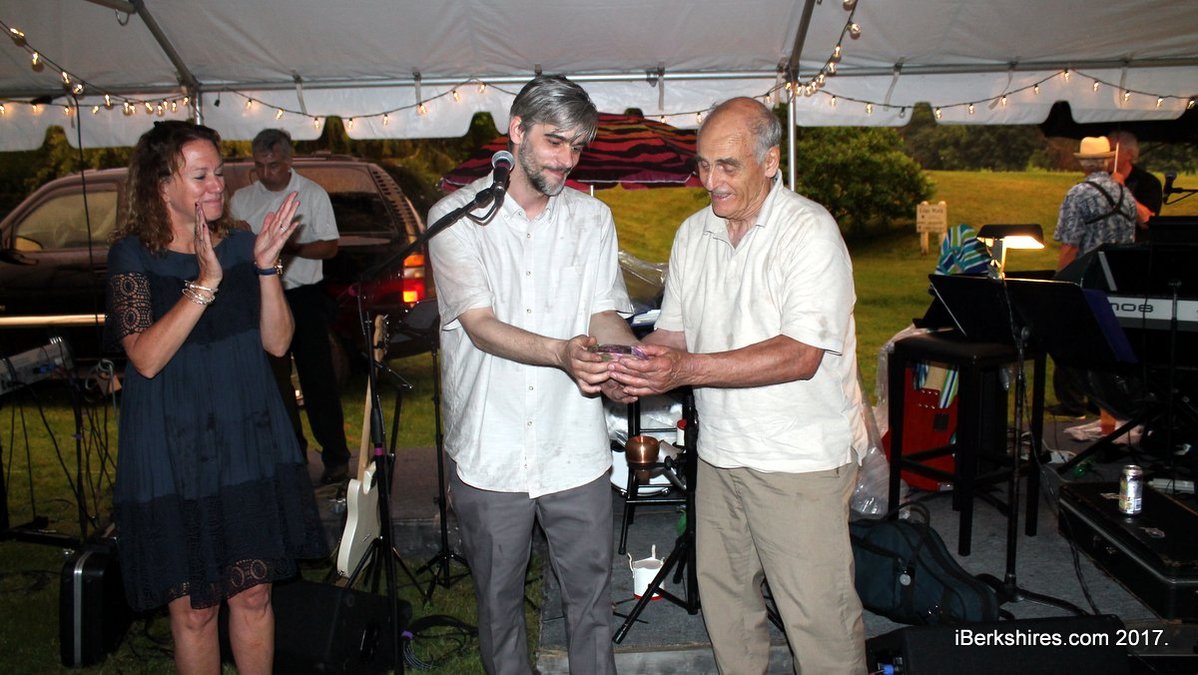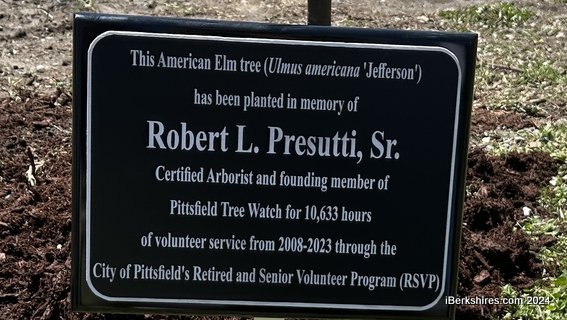The Four Parts of Medicare
Having access to affordable health care is critical for many seniors. That’s why it’s important that those approaching age 65 or already 65 or older understand the four parts of the Medicare health insurance program.
Before going any further, we need to emphasize that, unless you are disabled, you must reach age 65 to be eligible for Medicare. If you’re younger than 65, you cannot qualify simply because your spouse turned 65, for example.
Part A: hospital insurance helps pay for inpatient hospital care; hospice care and skilled home-health services for homebound patients It also helps with short-term inpatient care in Medicare-certified skilled nursing facilities, but only if you’re there for rehabilitation – not long-term or custodial care.
Almost everyone qualifies for Part A at age 65 without incurring a monthly premium. In general, you need to have worked at least 40 quarters (three consecutive months) to qualify for premium-free Part A coverage. You can get 40 quarters by working and paying the Medicare payroll tax for as few as 10 years.
You can also qualify for premium-free Part A based on your spouse’s work history. If he or she has at least 40 quarters and is at least 62 years old or deceased, you get Part A for free at age 65. This also works for ex-spouses if you are now unmarried and your marriage lasted 10 years or longer.
If you’re still working at age 65, you should probably take Part A if you qualify to get it for free, no matter how much you make or even if you have other insurance.
If you don’t qualify for Part A for free, you can purchase coverage.
Part B: medical insurance provides coverage for doctor’s services; outpatient hospital care; and medical equipment and supplies
All U.S. citizens and legal aliens who have lived in the United States for at least five years qualify for Part B at age 65. No work history is required, but everyone who wants Part B must pay a monthly premium.
Although it’s optional, you will almost certainly need Part B, even if your employer lets you carry health insurance into retirement. In general, if you turn down Part B, you can change that decision only during general enrollment or special enrollment periods.
Part C: Medicare Advantage provides the option to buy government-subsidized insurance from the private sector rather than using the traditional government Medicare coverage. Depending on where you live, your Part C options can include health maintenance organizations (HMOs), preferred provider organizations (PPOs), private fee-for-service plans, and Medicare medical savings accounts. Individuals with Part C usually have lower deductibles and copayments than those with the traditional fee-for-service Medicare and get more benefits. However, Part C plans typically restrict your choices of health care providers, and you may have to pay a monthly premium.
Part D: prescription drug coverage is optional and comes from a private company, not directly from the government. If you have Part A, Part B, or both, you qualify for Part D. If you choose to participate, the Part D company you select will charge a monthly premium.
Medicare vs. Medicaid
In addition to understanding the four parts of Medicare, it’s important to know the difference between Medicare and Medicaid.
Medicare is a health insurance program that virtually all U.S. residents aged 65 or older qualify for. Medicaid, on the other hand, is a medical assistance program only for those who meet the program’s low-income and low-asset eligibility requirements.
To learn more …
For additional information, ask a Financial Advisor with Wells Fargo Advisors for a complimentary copy of our report, “Understanding Medicare.”
Insurance products are offered through nonbank insurance agency affiliates of Wells Fargo & Company and are underwritten by unaffiliated insurance companies.
This article was written by Wells Fargo Advisors and provided courtesy of Jonathan Buoni in Northampton, MA, at 413-585-1432. Investments in securities and insurance products are: NOT FDIC-INSURED/NOT BANK-GUARANTEED/MAY LOSE VALUE. Wells Fargo Advisors, LLC, Member SIPC, is a registered broker-dealer and a separate non-bank affiliate of Wells Fargo & Company. ©2014 Wells Fargo Advisors, LLC. All rights reserved.

.gif)
















